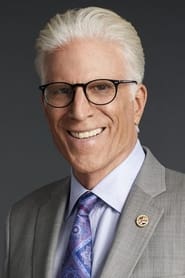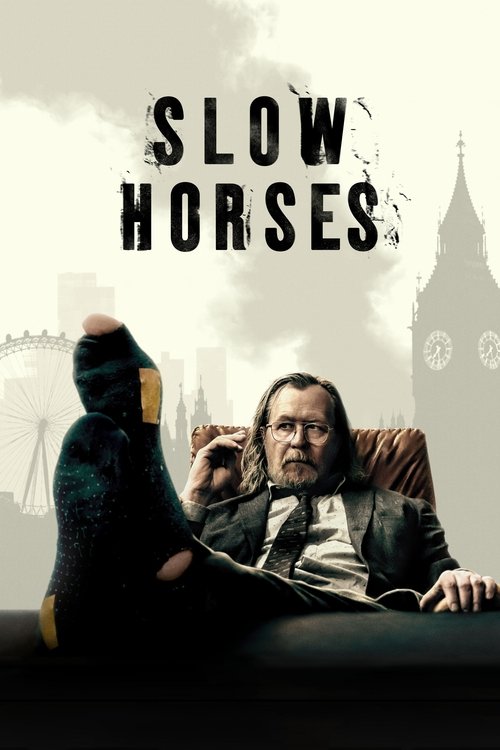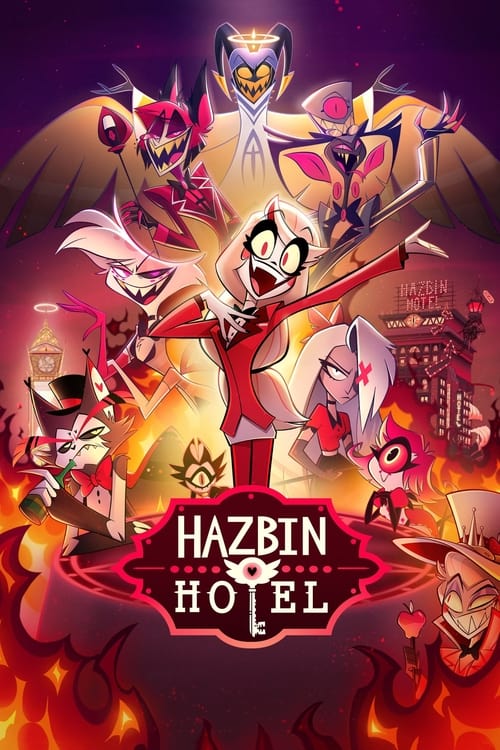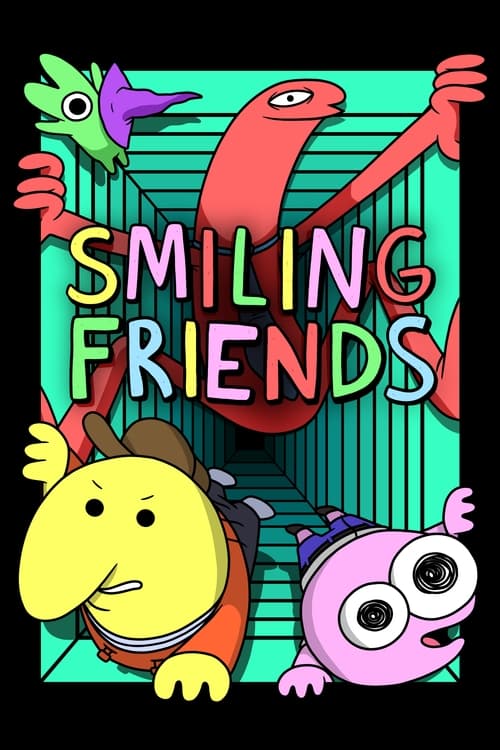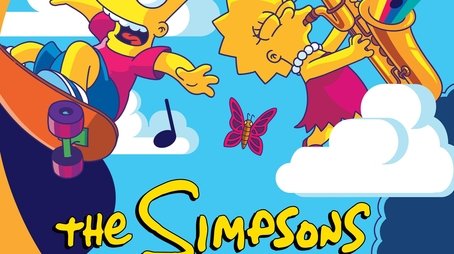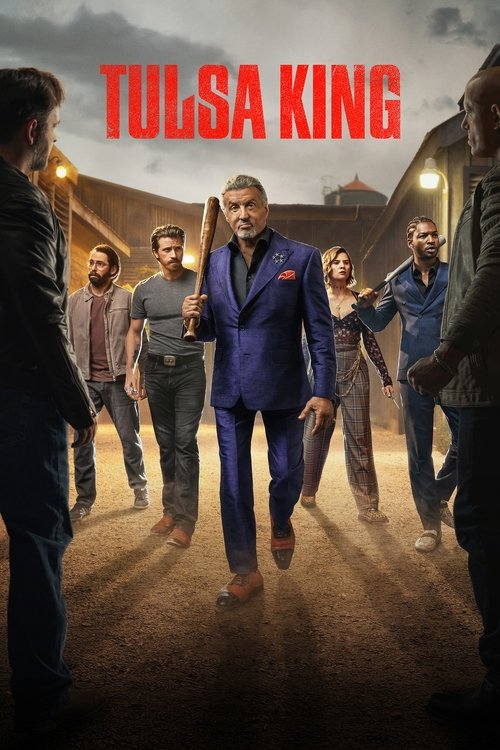
Ask Your Own Question
What is the plot?
What is the ending?
In the ending of "Mayor's Day Out," Neil Bremer, the newly elected mayor, learns the importance of connecting with the citizens he serves. After a day filled with various public engagements, he realizes that being a mayor is not just about the title but about making genuine connections. He ends the day feeling more confident in his role and more connected to the community.
As the episode unfolds, Neil Bremer, played by Ted Danson, embarks on a day filled with public appearances and events designed to showcase his commitment to the city. The day begins with Neil's excitement about his first "Mayor's Day Out," where he plans to engage with the community and show his dedication. However, as the day progresses, he faces a series of challenges that test his resolve and understanding of his role.
The first scene takes place in the mayor's office, where Neil is briefed by his staff, including his chief of staff, Arpi, and his assistant, Mikaela. They emphasize the importance of public perception and how Neil needs to be relatable to the citizens. Neil, eager to impress, is determined to make a positive impact.
As Neil heads out, he attends a community event at a local park. Here, he meets various constituents, including a group of children who are excited to see him. Neil tries to engage with them, but his attempts come off as awkward and forced. He struggles to connect, feeling the pressure of his new role. The scene captures his internal conflict as he grapples with the expectations of being a public figure.
Next, Neil visits a local business, where he attempts to promote small businesses. However, he inadvertently offends the owner by making a comment that is perceived as out of touch. This moment highlights Neil's struggle to understand the everyday lives of his constituents, showcasing his naivety and the gap between his intentions and the reality of his actions.
As the day continues, Neil's confidence begins to wane. He faces a series of missteps, including a disastrous photo opportunity that goes viral for all the wrong reasons. His staff tries to salvage the situation, but Neil feels increasingly isolated and unsure of himself. The emotional weight of the day begins to take its toll, and he questions whether he is cut out for the job.
In a pivotal scene, Neil finds himself at a community meeting where he is confronted by angry citizens who feel unheard and neglected. This moment serves as a turning point for Neil, as he realizes that he must listen to the people he serves rather than just trying to win their approval. He takes a deep breath and opens the floor for discussion, allowing the citizens to voice their concerns. This act of vulnerability marks a significant shift in Neil's character, as he begins to understand the true essence of leadership.
The episode culminates in a heartfelt moment where Neil, now more attuned to the needs of his community, engages in a genuine conversation with a group of residents. He listens to their stories, acknowledges their struggles, and offers his support. This scene is filled with emotional resonance, as Neil's transformation from a disconnected politician to a compassionate leader becomes evident.
By the end of the episode, Neil leaves the community meeting feeling a renewed sense of purpose. He understands that being a mayor is not just about making decisions from an office but about being present and involved in the lives of the people he represents. The episode closes with Neil reflecting on his day, feeling more confident and connected to the community, setting the stage for his growth as a leader in future episodes.
In summary, the ending of "Mayor's Day Out" sees Neil Bremer evolve from a well-meaning but disconnected mayor into a more empathetic leader who recognizes the importance of listening to his constituents. The episode emphasizes the value of genuine connection and understanding in public service, showcasing Neil's journey toward becoming a more effective and relatable mayor.
Is there a post-credit scene?
What activities does Mayor Neil Bremer participate in during his day out?
During his day out, Mayor Neil Bremer engages in various activities that showcase his attempts to connect with the citizens of Los Angeles. He visits a local park, interacts with children, and tries to be relatable to the public, often leading to humorous and awkward situations.
How does Neil's relationship with his daughter play a role in this episode?
Neil's relationship with his daughter, Orly, is central to the episode as he tries to impress her by showing that he can be a fun and engaging father. Their interactions reveal Neil's insecurities as a parent and his desire to be seen as more than just a politician.
What challenges does Neil face while trying to connect with the public?
Neil faces several challenges while trying to connect with the public, including misunderstandings, his lack of experience in public engagement, and the comedic mishaps that arise from his attempts to be relatable, which often backfire and lead to awkward moments.
Who are the supporting characters that accompany Neil on his day out, and what roles do they play?
Supporting characters such as Arpi and Mike accompany Neil on his day out. Arpi, his chief of staff, provides guidance and tries to keep Neil on track, while Mike, his friend, adds comic relief and often encourages Neil's more outlandish ideas, leading to humorous situations.
What is the significance of the public's reaction to Neil during his day out?
The public's reaction to Neil during his day out is significant as it highlights his struggle to be accepted as a genuine leader. Their mixed responses, ranging from enthusiasm to skepticism, reflect Neil's ongoing journey to establish his identity as mayor and connect authentically with the community.
Is this family friendly?
In "Mayor's Day Out," the episode contains some elements that may be considered objectionable or upsetting for children or sensitive viewers. Here are a few aspects to note:
-
Mild Language: There are instances of mild profanity and casual language that may not be suitable for younger audiences.
-
Political Satire: The episode includes themes of political satire that may be confusing or inappropriate for children, as they may not fully grasp the nuances of the humor.
-
Emotional Tension: Characters experience moments of frustration and disappointment, which could be intense for younger viewers to process.
-
Social Situations: There are scenes depicting social awkwardness and misunderstandings that might be uncomfortable for some viewers, particularly those sensitive to social dynamics.
Overall, while the show is designed to be comedic and light-hearted, these elements may warrant parental discretion for younger audiences.


